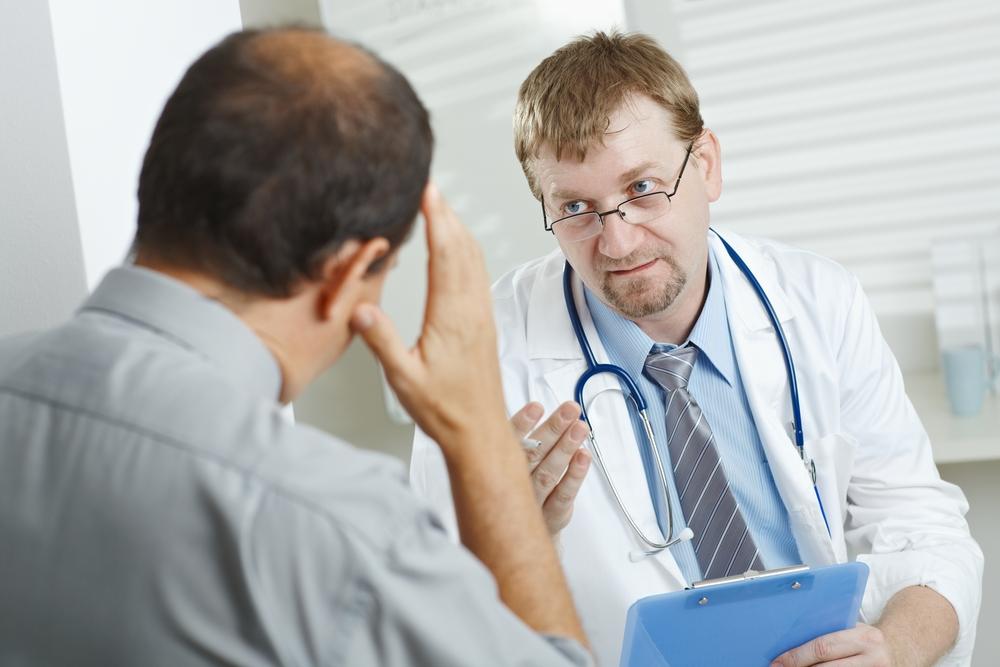The Ultimate Guide to Managing Adult ADHD: Effective Treatments and Strategies
This comprehensive guide explores effective management strategies for adult ADHD, including medication, behavioral therapy, lifestyle changes, and innovative treatments like neurofeedback. Understanding and addressing adult ADHD can significantly improve daily functioning, emotional well-being, and overall quality of life. Expert guidance and personalized treatment plans are essential for successful management, with a focus on holistic and sustainable approaches tailored to individual needs. An increasing variety of therapeutic options now empower adults to take control of their symptoms and thrive in various aspects of life.

The Ultimate Guide to Managing Adult ADHD: Effective Treatments and Strategies
Attention Deficit Hyperactivity Disorder (ADHD) is often regarded as a childhood condition, yet a significant number of adults continue to grapple with its symptoms. For many, ADHD in adulthood can interfere with professional success, personal relationships, and overall emotional health. Recognizing the signs early and seeking appropriate treatment is crucial to improve quality of life. While ADHD may persist or even emerge anew in later years, modern medical and behavioral interventions offer effective options for management. Professional guidance from therapists, psychiatrists, and specialized clinics plays a vital role in crafting personalized treatment plans tailored to individual needs.
Understanding Adult ADHD and Its Challenges Adult ADHD manifests through symptoms such as persistent inattentiveness, impulsivity, and difficulty managing time or organizing tasks. Unlike in children, these symptoms can be subtle and often overlooked, but they significantly impact work productivity, social interactions, and emotional stability. Many adults live with undiagnosed or untreated ADHD, which can lead to struggles with employment, relationships, and mental health. Typically, the diagnosis involves comprehensive clinical assessments, including self-reports and behavioral evaluations conducted by qualified mental health professionals.
Successfully managing ADHD in adults requires a holistic approach that addresses various aspects of their lives. An integrated strategy combines medication, behavioral therapies, lifestyle modifications, and emotional support to mitigate symptoms and improve overall functioning.
Consult a healthcare professional to get an accurate diagnosis and personalized treatment plan.
Adhere strictly to prescribed medications, including stimulants or non-stimulant alternatives.
Incorporate behavioral and cognitive strategies to develop better organizational skills and emotional regulation.
Engage in regular physical activity to enhance mental focus and mood.
Seek emotional support or counseling for co-existing mental health conditions like anxiety or depression.
The Importance of Medication in Adult ADHD Treatment Medication remains a cornerstone of adult ADHD management. Stimulants such as methylphenidate and amphetamines are commonly prescribed to increase focus and reduce impulsivity. Non-stimulant options like atomoxetine or guanfacine are also effective, particularly for individuals who experience side effects or have other health considerations. Consistent medication intake, under medical supervision, can help stabilize daily functioning and reduce symptoms significantly. Regular follow-ups allow adjustments to medication dosages and types to optimize benefits and minimize adverse effects.
Behavioral Strategies and Psychotherapy Alongside medication, behavioral therapies play a critical role in adult ADHD management. Cognitive Behavioral Therapy (CBT) is tailored to help adults recognize and modify negative thought patterns and behaviors that exacerbate ADHD symptoms. CBT can assist in developing coping mechanisms, improving emotional regulation, and reducing anxiety or depression often associated with ADHD. Other techniques, like mindfulness-based therapy, are gaining popularity for helping individuals increase self-awareness and impulse control.
The Role of Lifestyle Changes in ADHD Implementing specific lifestyle adjustments can significantly improve symptom control. These include maintaining a structured daily routine, using planners or digital apps for organization, and establishing consistent sleep patterns. Healthy diet choices, adequate hydration, and reducing caffeine or alcohol intake also contribute to better focus and emotional stability. Incorporating relaxation techniques or meditation can help manage stress, which often worsens ADHD symptoms.
Physical Activity as a Complementary Treatment Exercise is one of the most accessible and effective ways to manage adult ADHD. Regular physical activities such as walking, jogging, cycling, or swimming promote the release of neurotransmitters like dopamine and norepinephrine, which are involved in attention and mood regulation. Engaging in team sports or group fitness classes can also enhance social skills and motivation. Experts recommend at least 30 minutes of moderate exercise daily to achieve noticeable improvements in concentration, energy levels, and emotional well-being.
Choose activities that are enjoyable and sustainable for long-term commitment.
Combine aerobic exercises with strength training for comprehensive health benefits.
Outdoor activities like hiking or nature walks boost mental clarity and reduce stress.
Advanced Therapies: Neurofeedback and Brain Training Technological advancements have introduced innovative therapies such as neurofeedback and cognitive training programs. Neurofeedback involves real-time monitoring of brain activity and teaching individuals to regulate their neural responses, which can improve attention span and reduce impulsivity. Brain training software, such as Cogmed, targets working memory and executive functions, helping users develop better focus and organizational skills. These interventions often complement traditional treatments and are particularly appealing to adults seeking non-pharmacological options.
Seeking Expert Help and Treatment Centers For adult ADHD, specialized clinics and mental health centers provide tailored care and support. Many renowned institutions across the country offer comprehensive assessment services and evidence-based treatment options. Notable centers include:
University of Arkansas, Medical Center Behavioral and Mental Health Services
Duke University ADHD Program (Durham, North Carolina)
University of Cincinnati Medical Center
University of Tennessee Department of Psychology Clinic (Knoxville)
These centers often collaborate with multidisciplinary teams, including psychiatrists, psychologists, and occupational therapists, ensuring a holistic approach to treatment. Telehealth options are also expanding access for adults seeking expert guidance from the comfort of their homes.In conclusion, managing adult ADHD involves a combination of medication, behavioral therapies, lifestyle adjustments, and innovative treatments. Early diagnosis and personalized care strategies are critical to empowering adults to lead productive, fulfilling lives. With ongoing research and evolving treatment options, adults with ADHD now have more tools than ever to control symptoms effectively and achieve their goals.





